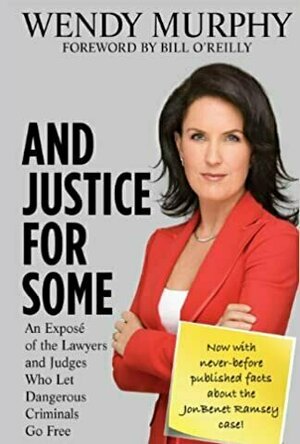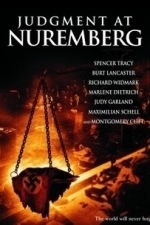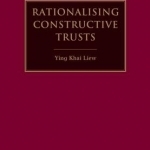
Rationalising Constructive Trusts
Book
It is trite that constructive trusts significantly interfere with the rights of an apparent legal...
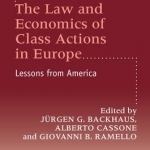
The Law and Economics of Class Actions in Europe: Lessons from America
Jurgen G. Backhaus, Giovanni B. Ramello and Alberto Cassone
Book
This well-documented book discusses the power and limitations of class actions with insights and...
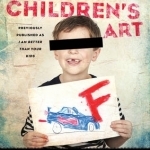
Crappy Children's Art
Book
If you think children are precious little snowflakes who are perfect in every way, think again. If...

Littlejohn's Britain
Book
Richard Littlejohn's cast of characters - including Two Jags, the Wicked Witch, Captain Hook and the...
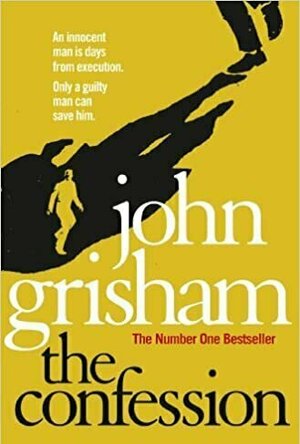
The Confession
Book
An innocent man is days from execution. Only a guilty man can save him. Travis Boyette is a...
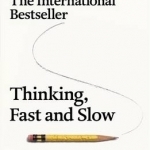
Thinking, Fast and Slow
Book
The "New York Times" Bestseller, acclaimed by author such as Freakonomics co-author Steven D....
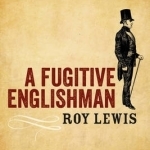
A Fugitive Englishman
Book
Edwin James reaches the height of his professional career in the law when, on the brink of being...
Yoko Ono recommended And Justice For Some: An Expose of the Lawyers and Judges Who Let Dangerous Criminals Go in Books (curated)

America's Got Talent
YouTube Channel
America's Got Talent: The Champions Premieres Monday, January 6 8/7c on NBC! Creator and Executive...
RəX Regent (349 KP) rated Judgment at Nuremberg (1961) in Movies
Feb 19, 2019
With a title like “Judgement at Nuremberg,” you can be forgiven for expecting a film about the trial of the Concentration Camp guards or Hermann Goering, but instead we are given something much more subtle and subversive. This follows a fictionalised account of the “Judges Trial”.
Here, Spencer Tracey’s U.S. Judge leads a panel of three peers as they preside over a trial of four NAZI judges, the focus of their crimes is not of there actions during the war but those in the mid 1930’s and their perversions of justice in aiding Hitler’s NAZI’s to oppress their own people.
The film also asked a myriad of uncomfortable questions, not only taking aim at the long dead National Socialist movement, but the world as a whole, including the U.S.A. Sighting parallels from Allied nations who claim cultural superiority after winning the war yet only being a stone’s throw away from the same attitudes.
But this is not just subverting the perceptions of jurist prudence, it is a drama, a head to head between Tracey and his German counterpart in the doc, Bert Lancaster. It is also a vehicle for a host of Oscar worthy performances from an all star cast, ALL of which excel in their roles, some more subtly than others.
The standouts are Montgomery Cliff and Judy Garland, both of whom would pass away soon after this film was release at relatively young ages. Kramer’s cinematography is impressive too, as it keeps the camera moving around the courtroom through the lengthy cross-examination scenes, keeping the tension high and the interest alive through this three-hour drama.
With a healthy dose of melancholy, jaded and brutalised characters and foreshadowing the impending Cold War, this is a film which understands war and the often forgotten fact that even though Wars have a start and and end date, they take decades to build up and never really end.
